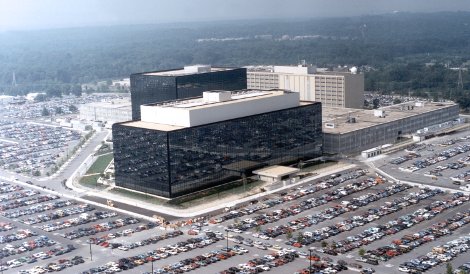State of Utah officials are in discussions with the US National Security Agency (NSA) about an unexpected multimillion-dollar annual tax the agency may have to pay to the state for energy use of its massive new data center there.
The federal agency is expected to spend about US$40m on energy for the $1.5bn data center. Because of a law state legislature passed this year, that spend may be taxed by an additional 6%, which would translate into $2.4m more going to the state's coffers, according to a report by The Salt Lake Tribune.
The paper has obtained copies of correspondence between the state and NSA representatives, who say energy cost was a big part of the decision to start the expensive construction project in Utah.
The report quoted NSA director of installations and logistics Harvey Davis, who wrote, “The long and short of it is: Long-term stability in the utility rates was a major factor in Utah being selected as our site for our $1.5bn construction at Camp Williams. HP325 [the new law] runs counter to what we expected.”
The law, signed by Utah governor Gary Herbert in April, directs the 6% tax on energy purchases for some military sites to the Utah Military Installation Development Authority (MIDA). It imposes what is called the MIDA energy tax on the utility – in this case Rocky Mountain Power – but allows the utility to recover the expense from the end user.
State lawmakers created MIDA to assist development of underutilized properties the US Department of Defense (DoD) owns by private contractors. The DoD identifies areas that could be redeveloped for better use, and contractors come up with ideas for best use for those properties and bid on projects to implement those ideas.
MIDA participates in the projects by helping with community coordination and financing.
NSA's data center, located on the US military base called Camp Williams, which is just outside of Bluffdale, is expected to come online in September. According to reports, it will use 65MW of power once fully built out, and provide four 25,000 sq ft data halls.
Wired Magazine reported in March 2012 that the NSA will use the facility to store and process digital-communication data the agency collects from around the world. Examples of the types of data include emails, cell-phone calls, Google searches, online purchases and many others.

